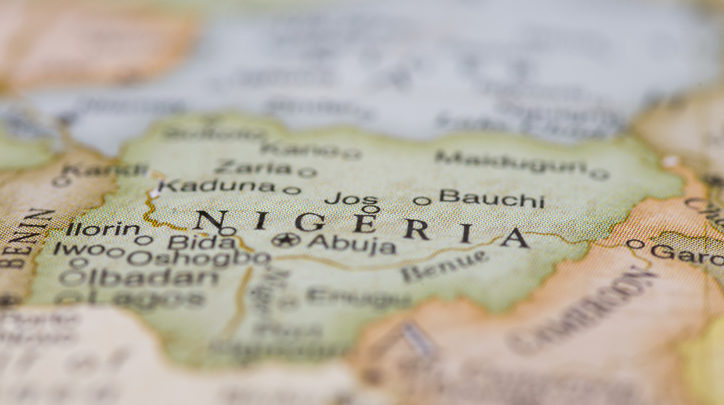World
Nigerian Government Imposes Full Ban On Import Of Goods Through Land Borders

The Nigerian government has closed its land borders thereby restricting all movement of goods coming from other countries, reported Sahara Reporters.
Addressing reporters in Abuja on Monday, Hameed Ali, comptroller-general of the Nigerian Customs Service, said the government has completely banned export and import through the country’s land borders. The goods could only come into the country through the seaports and airports where they can be monitored more easily and generate much-needed revenue.
“All goods, for now, are banned from being exported or imported through our land borders and that is to ensure that we have total control over what comes in,” Ali said.
When asked about a timeline for any relaxation of the controls, he said, “a time limit is not anything we can talk about for now.”
Ali added that the ban will continue until the government gets the desired results.
In August, President Muhammadu Buhari had unexpectedly closed Nigeria’s borders to imported goods, declaring that the time had come to end rampant smuggling across the porous frontiers. The closure pushed up prices for staples such as rice at markets around Nigeria. It has also had a devastating impact on Nigeria’s neighbouring countries, including Benin, which has been a key exporter of foodstuffs to Africa’s most populous country.
Ali also lauded the partial border closure, saying it had so far curbed the smuggling of foreign rice into the country in addition to other prohibited items.
“The border closure has impacted positively on revenue generation of the government which in turn will be used to build more infrastructures and develop critical sectors of the nation’s economy,” he said.
The closure of land borders is part of the government’s plan to bolster domestic agriculture as it looks to diversify the oil-dependent economy. Notably, it will have no effect on Nigeria’s oil exports, which are exported almost entirely via the nation’s ports and offshore oil platforms.






